Cassava research approach

Harvesting cassava in Colombia
©2021 CIAT/Juan Pablo Marin García
The Cassava Program of the Alliance is a multidisciplinary team of research and development scientist drawing on expertise from six research areas. The integrated team works across multiple scales addressing emerging challenges and capitalizing on new opportunities across the cassava value chains.
The program has dedicated in-country staff and a network of partners to ensure the grounded and co-design of improved genetic products, production and marketing systems, and tools to meet the demands of today and the challenges of tomorrow. The program achieves impact at scale through a range of research and development partnerships with governments, development organizations, and industry.
Development challenges and opportunities in this research are:
- Enhancing productivity and competitiveness of smallholder cassava production through new markets.
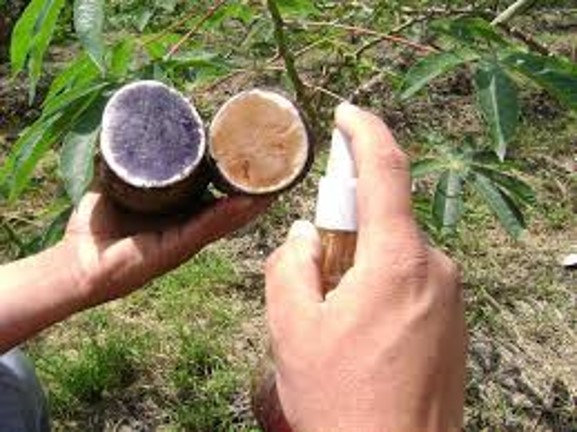
- Enhancing nutrition and food security through biofortication and addressing disease. 100 million people in Sub Saharan Africa (SSA) suffered from Vitamin A deficiency. The Alliance in Colombia delivers biofortified germplasm to IITA and African cassava programs.
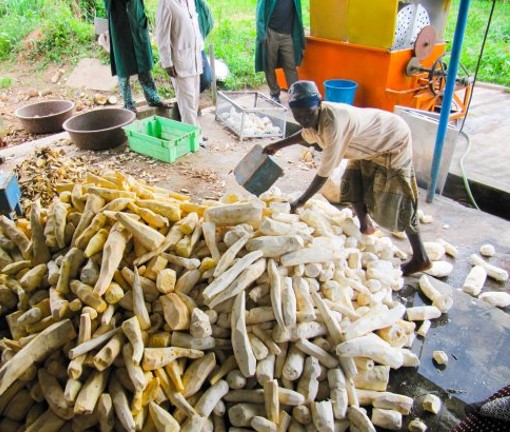
- Protecting livelihoods by addressing emerging pest and disease pre-emptive breeding, and management.
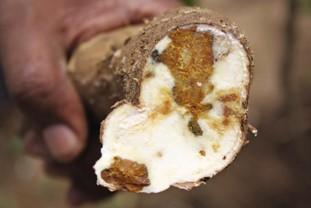
Cassava Brown Streak Disease in Africa: CBSD can cause between 70 -100% yield loss. The Alliance provides the unique source of high resistance to African programs
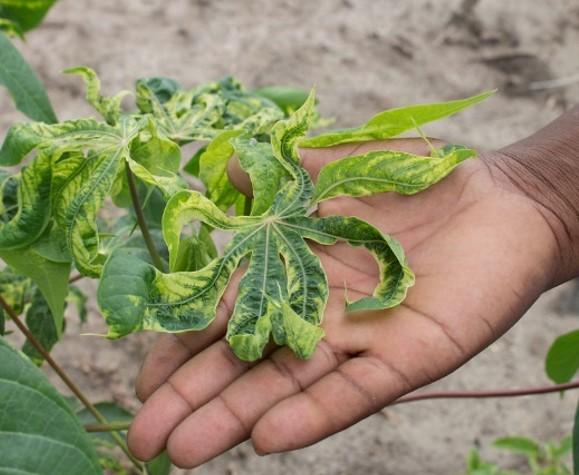
Cassava Mosaic Disease Resistance: CMD can cause 20 - 80% yield loss. The Cassava Program establishes sustainable solutions to cassava diseases in Southeast Asia.
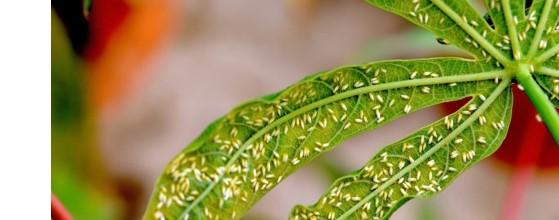
Cassava Whitefly Resistance: The Cassava Program identified sources of whitefly resistance from the genebank and shared with African breeding programs.
- Developing sustainable cassava production systems and landscapes resilient to climate change.
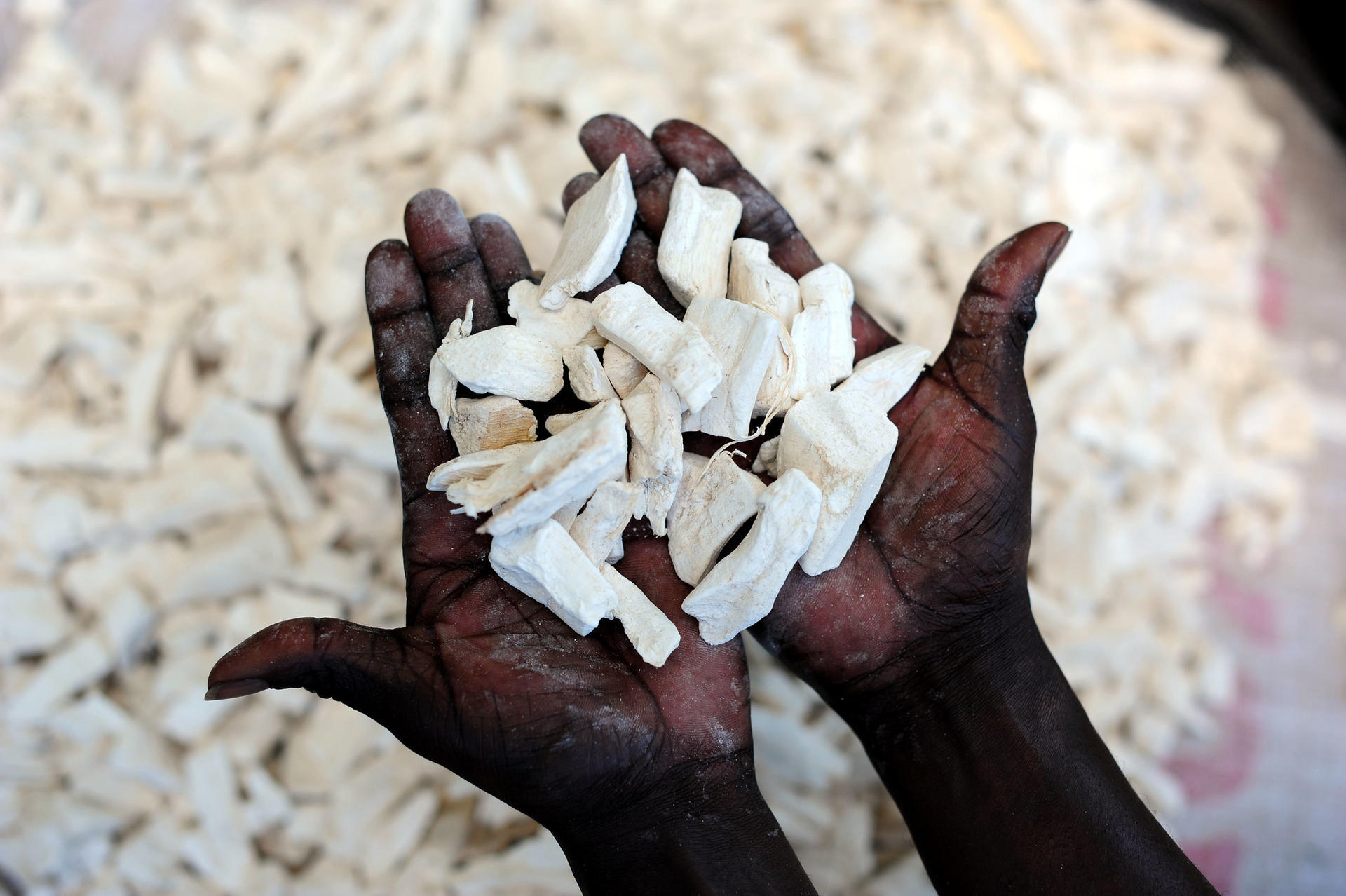
No Poverty and Zero Hunger: Two-thirds of the cassava starch market (US$66.8 billion by 2026) goes into food and beverages.
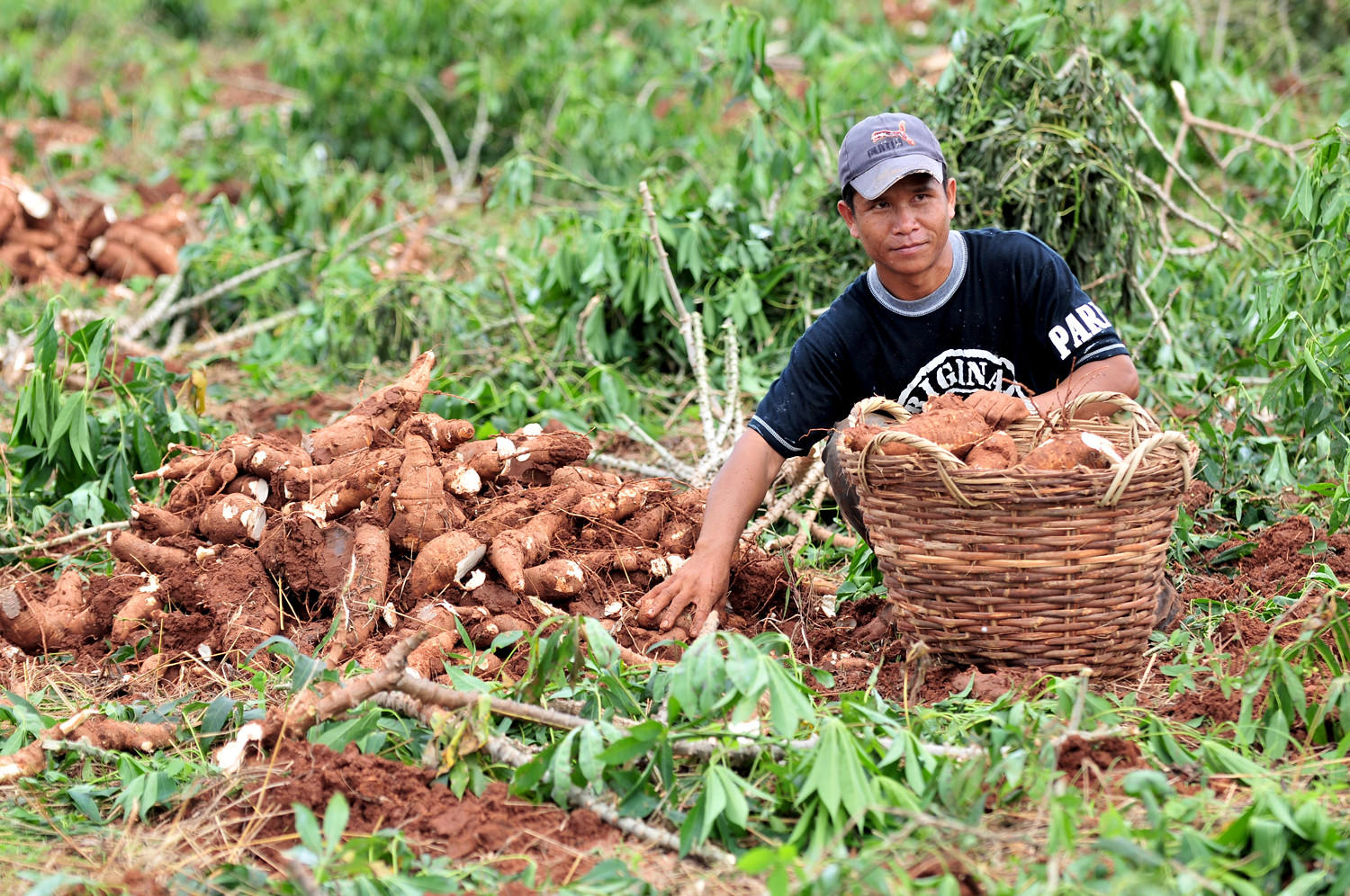
Climate Action: If drought and heat hit, cassava simply shuts down until the rains come again.
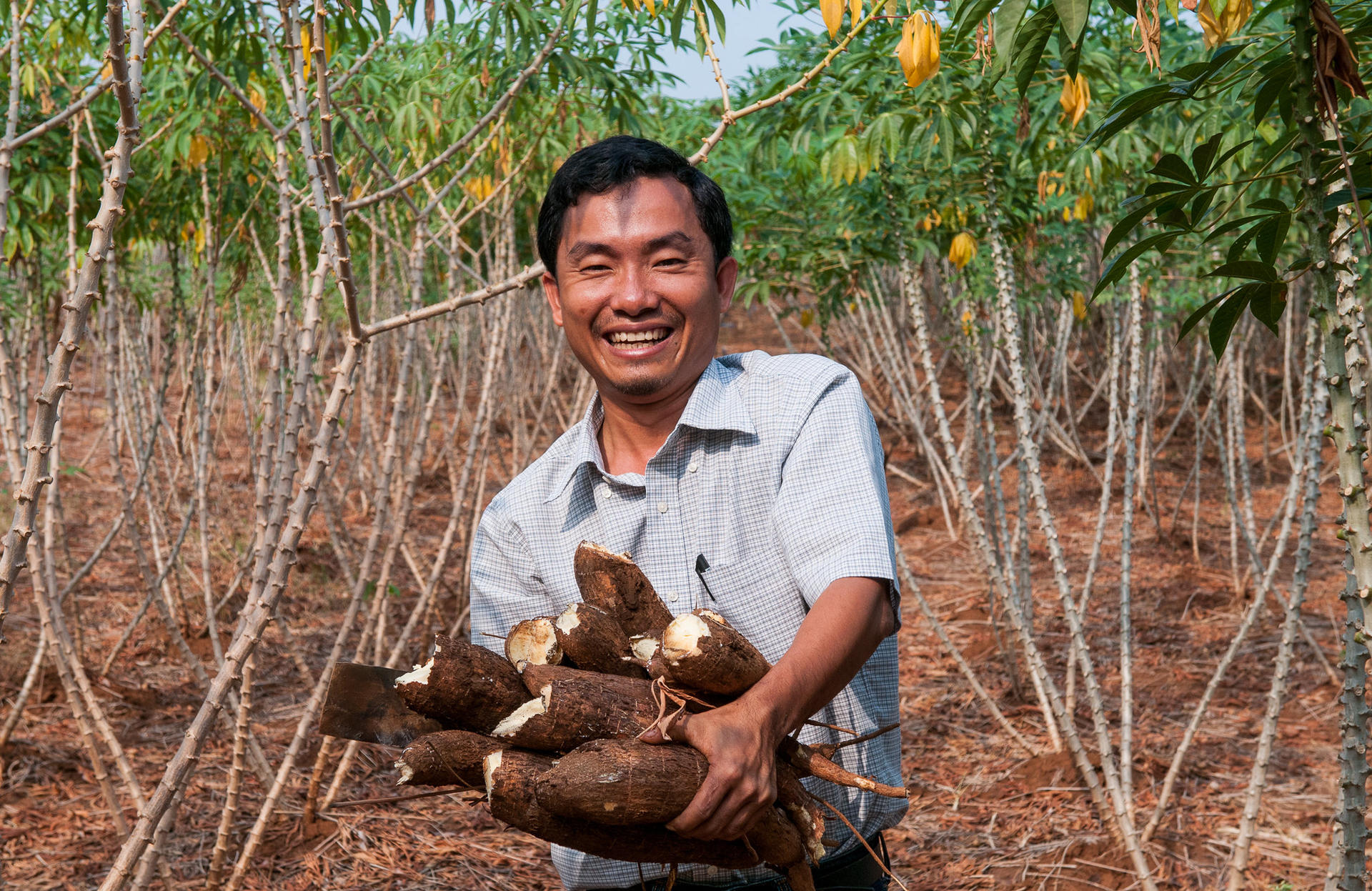
Cassava with Good Quality: Cassava provides the third-largest source of food carbohydrates in the tropics, and feeds more than 500 million people worldwide.
